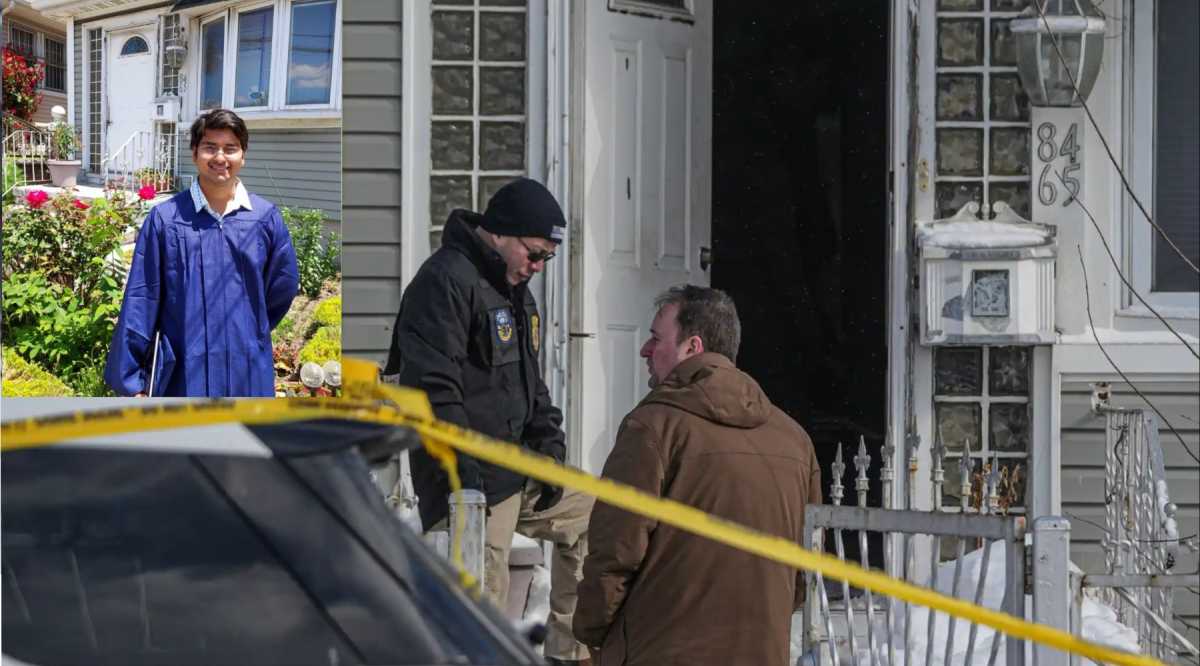Brooklyn District Attorney Eric Gonzalez today announced that following an investigation by his Conviction Review Unit (CRU) he will move to vacate the murder conviction of Gerard Domond, who was incarcerated for 29 years before being paroled in 2016.
The investigation unearthed documents that showed that the only eyewitness, who testified pursuant to a cooperation agreement, was held in a psychiatric ward before the trial. Because this information was never disclosed to the defense, the defendant was prejudiced unfairly. The full CRU report is available here.

“Vacating Mr. Domond’s conviction highlights the fact that even in cases that are very old and difficult to investigate, our Conviction Review Unit will do all it can to correct miscarriages of justice. This investigation revealed that crucial information about the mental state of the only eyewitness was kept from the jury and from the accused, depriving him of a fair trial. I will not stand by a conviction that was obtained unfairly,” said Gonzalez.
Domond appeared in person before Brooklyn Supreme Court Justice Matthew D’Emic today. It is not clear at post time if the conviction has been officially vacated.
The reinvestigation pertained to the March 1987 murder of Patrick Hinkson, who was dropped off in a hospital by a man who said the victim was killed in the parking lot of Club Love in Prospect-Lefferts Gardens. That witness provided the victim’s name and address, disappeared before police arrived and was never heard from again. No crime scene was ever established, and no forensic evidence was found.
The prosecution hinged on testimony from a witness identified in the CRU report as FP, who walked into the 77th Precinct three days after the homicide and described the shooting, which he said stemmed from an argument over drug money.
FP had open narcotics and robbery cases and by the 1989 trial, he had been incarcerated for several months in Kings County Hospital (KCH) for what the prosecutor claimed was an AIDS diagnosis. The defense called several alibi witnesses, who claimed the defendant was in Georgia at the time of the murder, but some had failed to identify him in earlier interviews or had provided inconsistent dates for his return. The defendant was convicted and sentenced to 25 years to life.
When reviewing all available documents, the CRU found notes in the case file that indicated FP was being held pre-trial in the Psychiatric Forensic Unit in the G Building of KCH. Record searches and interviews with practitioners who worked there at the time, revealed that the G Building exclusively housed psychiatric patients and that FP likely suffered from “a very serious mental health condition.”
FP died in 2006 and his jail and hospital records no longer exist. Other potential witnesses could not be located. But the CRU concluded that the prosecutor should have known of FP’s mental condition and by withholding that information, the defendant was prejudiced and not afforded a fair trial.
This is the 29th conviction vacated since 2014 as a result of the CRU’s work. A public report about the first 25 exonerations can be found here.
This case was investigated by Senior Assistant District Attorney Bruce Alderman, of the District Attorney’s Conviction Review Unit, and Assistant District Attorney Mike Trabulsi, formerly of the CRU, under the supervision of Assistant District Attorney Mark Hale, Chief of the District Attorney’s Post-Conviction Justice Bureau.









